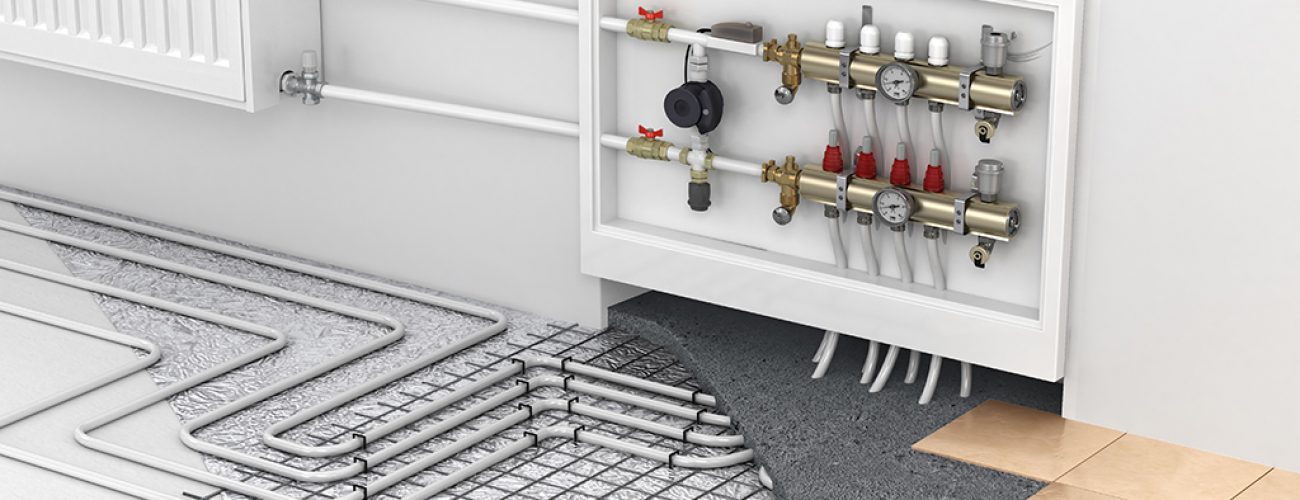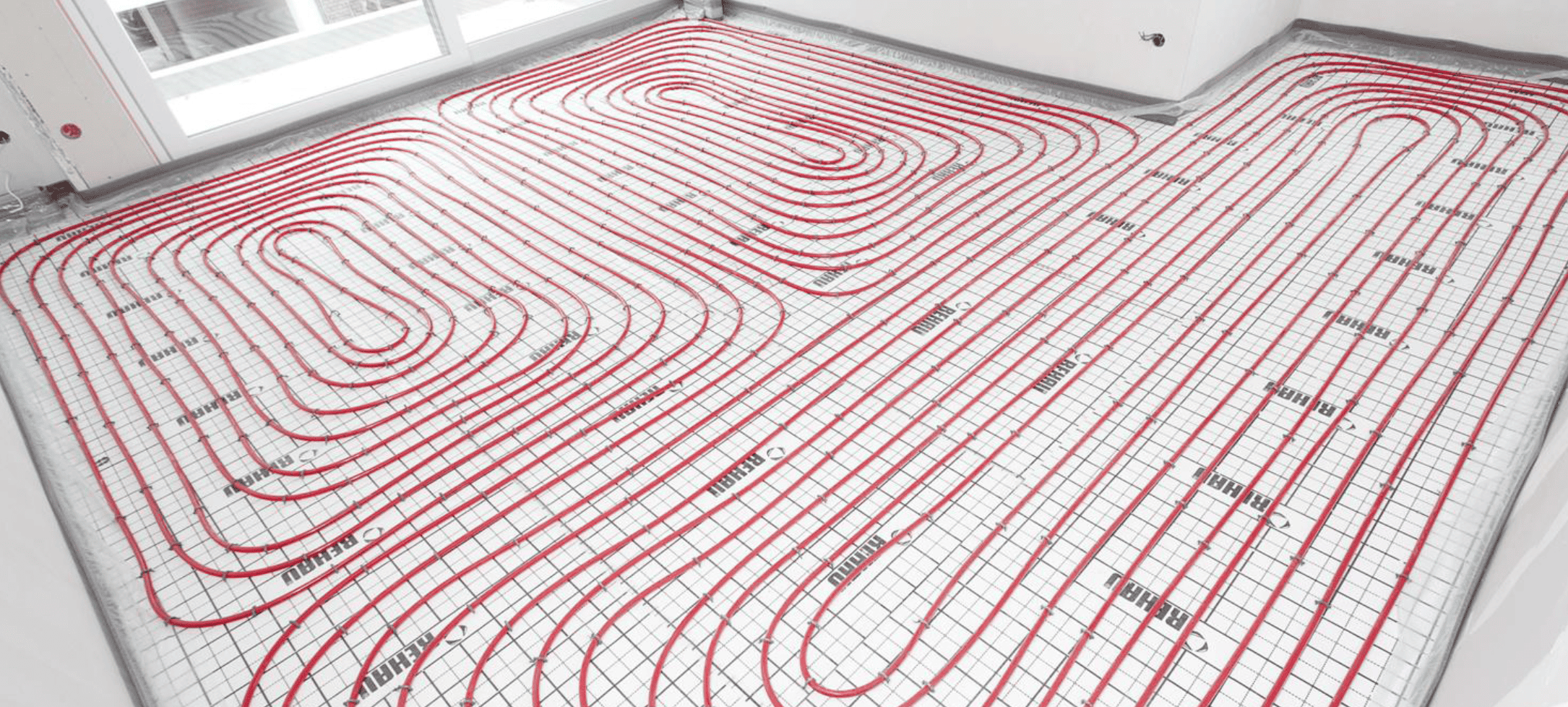- Underfloor heating usually costs between £2,000 and £10,000
- The cost depends on the size, heating method, and whether it's a retrofit
- A water-based system is more expensive than an electric system
Underfloor heating has always added a touch of luxury to a home, making it a popular choice for many homeowners, including those with heat pumps – as long as they’re willing to shell out. Although it’s effective, underfloor heating will add to the heat pump prices.
But how much does it cost exactly? This depends on a few key factors, which we’ll explain below.
We’ll also take a look at the pros and cons of underfloor heating, and the scenarios that make underfloor heating highly recommended, rather than just a luxury.

What's on this page?
How much does underfloor heating cost?
| Type of underfloor heating | 5 m² | 20 m² | 50 m² | 100 m² | 200 m² |
|---|---|---|---|---|---|
| Water-based | £638 | £2,550 | £6,375 | £12,750 | £25,500 |
| Electric | £363 | £1,450 | £3,625 | £7,250 | £14,500 |
Underfloor heating typically costs between £2,000 and £10,000, but this can scale up even further if a project is particularly big.
You need to factor in running costs too, which again depend on the size of the installation.
Factors affecting the cost of underfloor heating
Working out exactly how much underfloor heating costs involves a number of factors. These include:
- Whether the property is a new build or not
- The size of your underfloor heating installation
- Whether you choose water-based or electric underfloor heating
- The size of your property
- The condition of your property
- The number of rooms you want to have underfloor heating in
The easiest way to get underfloor heating is to find a new build home you like that already has it installed. You won’t have to retrofit a system, and the price will simply be included in the price you pay for the property.
If you want to add underfloor heating to an existing property, an installer may have to carry out some work to ensure the building is suitable for it. This can get a whole lot more complicated in older buildings.
For instance, installing underfloor heating under solid stone floors will be difficult and more expensive than fitting it under most floors in modern properties.
How much does underfloor heating cost to run?
An electric underfloor heating system costs £5.42 per month, per square metre to run, on average.
A 10m² room will therefore cost £54.20 per month, assuming you have the heating on for eight hours per day.
If you’re only planning on using your underfloor heating during the six coldest months of the year, you’ll typically pay £325 per year.
If you’d rather have it on every day, you’ll pay around £650 per year.
Your exact running costs will of course depend on your system’s size and wattage, and how well-insulated your home is.
Pros of underfloor heating
- Increases energy efficiency – underfloor heating is up to 40% more efficient than radiators
- Low maintenance – underfloor heating usually comes with a lifetime guarantee, as there’s rarely need to repair it
- Can be installed almost anywhere – despite potential difficulties in older properties, it’s still usually possible to install underfloor heating
- Lets you focus heating – with certain systems, you can customise where the heating is targeted (for example you can have heating on in the bathroom, but not in the kitchen)
- Adds value to your home – underfloor heating is a highly sought-after feature for homebuyers and will almost certainly help you sell your home for more
- Safer than radiators – there’s no need to worry about young children either burning themselves or bumping into the sharp edges of a radiator
How many UK homes have underfloor heating?
Underfloor heating now accounts for 7.7% of the UK’s heating industry, according to a study by AMA Research.
With the wider adoption of heat pumps, as gas-powered boilers are phased out, underfloor heating will become even more popular.
The market is set to grow at a rate of 4–6% per year, which increases the pressure on the industry to make sure there are enough trained installers to meet demand.
How eco-friendly is underfloor heating?
Very. Underfloor heating requires far lower temperatures than radiators. This is because an underfloor system can spread the heating over a much larger area, unlike radiators that need to heat a room from a comparatively smaller surface area.
And because they have a smaller surface area, radiators must subsequently reach far higher temperatures (using more energy as a result).
When combined with a heat pump as well, underfloor heating becomes even more eco-friendly, since heat pumps only use electricity and the ambient warmth of the air or ground.
Alternatively, you can look into infrared underfloor heating – another new eco-friendly heating method on the market.
Next steps
While the initial cost of underfloor heating and the work of installation might put some people off, the long-term benefits are well worth it.
And if you combine underfloor heating with a heat pump, you can massively reduce your carbon emissions while making yourself less reliant on the gas grid.
Get FREE Underfloor Heating
Find out how much an Underfloor Heating System would cost you
Complete A Short Form – Receive Free Quotes – Compare & Save
Get FREE Underfloor Heating Quotes
Find out how much an Underfloor Heating System would cost you
Complete A Short Form – Receive Free Quotes – Compare & Save






